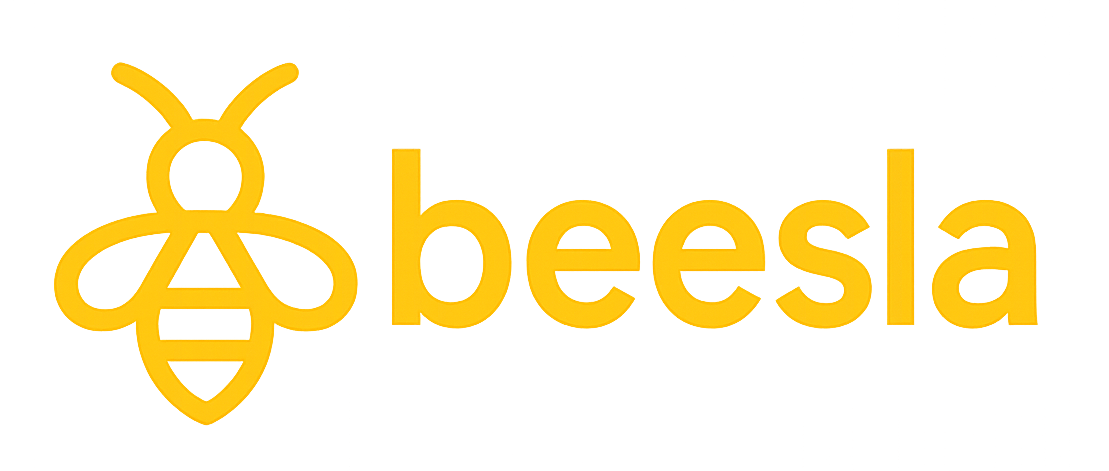The Yang Lab is in the Columbia University Department of Molecular Pharmacology and Therapeutics and the Irving Cancer Center. The lab's primary focuses are on investigating tumor evolution and drug resistance mechanisms, and developing new molecular recording technologies. The lab employs multidisciplinary approaches to study cancer evolution, including developing CRISPR-based molecular recording tools to track tumor evolution history, modeling tumor progression using genetically engineered mouse models, applying single cell genomics tools to dissect tumor heterogeneity, and dissecting the molecular and cellular mechanisms of cancer evolution.
Building upon the CRISPR-based molecular recording technology that Dr. Yang has developed, the lab will continue to integrate cancer biology and cancer immunology, single-cell multi-omics, and spatial transcriptomics, functional genomics, computational biology, and synthetic biology to decode cancer evolution. We will develop novel genetically engineered mouse models to study the molecular mechanisms of cancer evolution, metastasis, and drug resistance. Current research directions include (1) a systematic dissection of the molecular mechanisms regulating cancer cell state transitions and plasticity, (2) studying the impact of interactions between immune cells and tumor cells on tumor evolution and identifying new immune checkpoints and related mechanisms, and (3) developing new "molecular time machines" to comprehensively record cell state transitions.
Lab website: https://www.dianyanglab.com
Applicants with enthusiasm for biomedical research, creativity, and a collaborative spirit are welcome to apply. Applicants with either wet lab or dry lab experience are welcome.
Mentor Introduction
Dr. Dian Yang obtained his undergraduate degree from Cornell University and earned his Ph.D. in Cancer Biology from Stanford University in 2017. During his time at Stanford, he investigated small cell lung cancer metastasis and discovered novel epigenetic, cellular, and molecular biological mechanisms of cancer metastasis. His doctoral thesis received the 2017 Stanford Denise Chan Best Paper Award. Since 2017, Dr. Yang has been conducting postdoctoral research at the Whitehead Institute at MIT under the guidance of Dr. Jonathan Weissman. Through the development of CRISPR/Cas9-based cell lineage tracing technology and the creation of novel genetically engineered mice, he achieved long-term, high-resolution tracking of tumor initiation and evolution, leading to the discovery of new cancer evolution pathways and drug targets. This research was selected as the 2022 STAT Top3 scientific discovery. Recently, Dr. Yang was awarded the Damon Runyon Dale Frey Breakthrough Scientist Award."
What you bring:
- A Ph.D., M.D., or an equivalent degree in related fields is required.
- A first author research paper in a well-known journal is required.
- The Candidate should be self-motivated, creative, collaborative, hardworking and eager to learn.
- Previous experience in some of the following areas is strongly preferred
- Single-cell genomics, mouse models, CRISPR/genome engineering, cancer biology, cancer immunology, and bioinformatics.
What we provide:
- The mentor fully supports the career development of postdoctoral fellows, including assisting in the applications of postdoctoral fellowships/grants or independent funding, and faculty/industry jobs.
- The research group currently has several novel independent and collaborative projects. Based on individual's research interests and expertise, the PI will help develop suitable research directions and can also identify co-mentors to provide better support for the candidate's career development.
- A collegial, close-knit lab team and a cohesive department with rich resource to support your career development. We also
